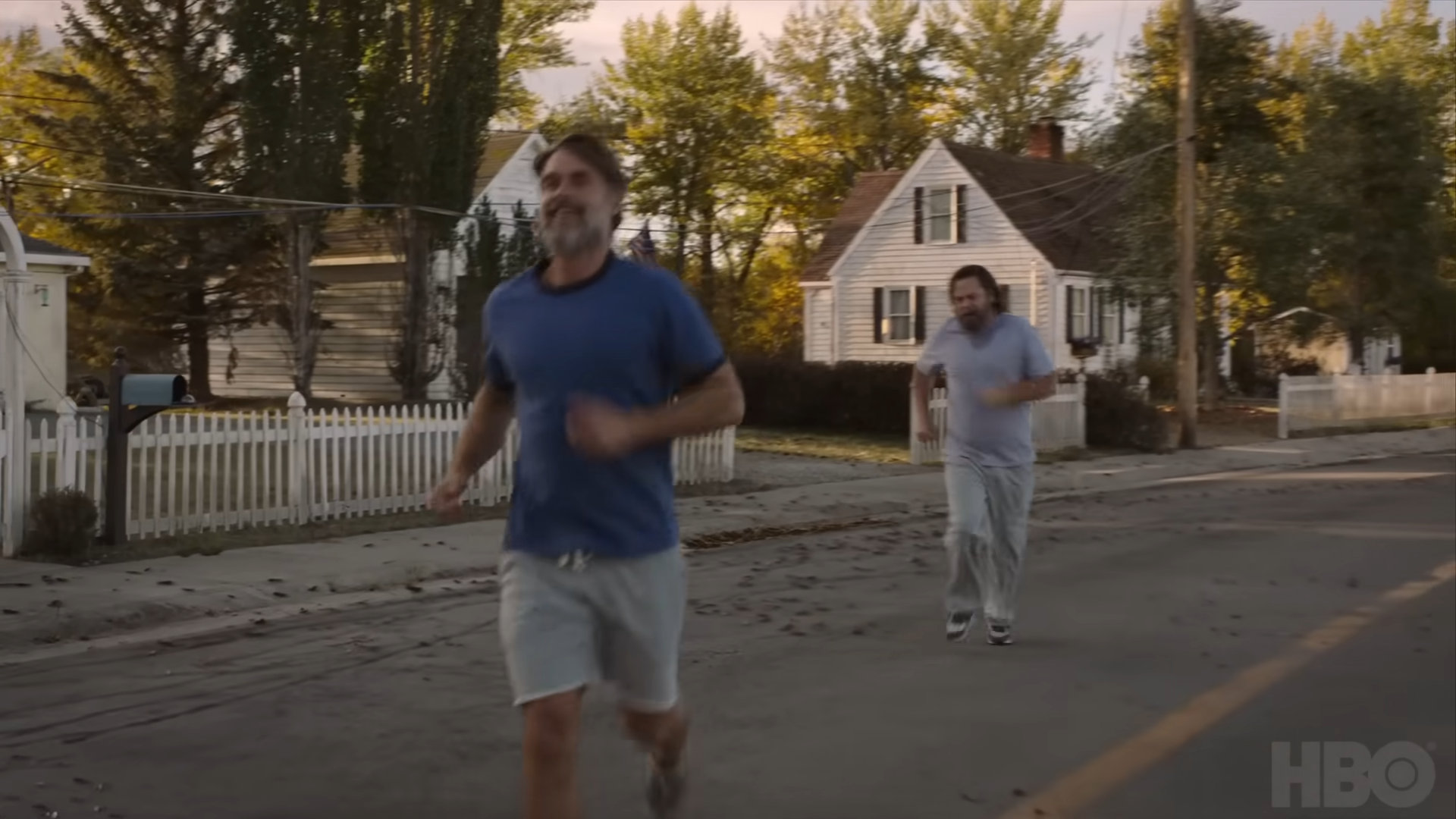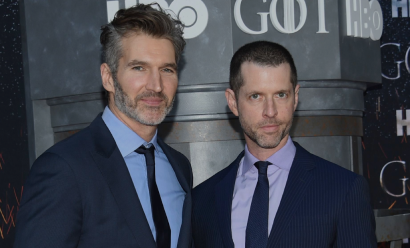The Last of Us is the new cash cow of HBO. Deemed one of the best video game adaptations to date, each episode has ramped up the intensity and excitement. Both the critics and the viewers are highly impressed by the quality of sceneries, storylines, costumes, and zombie makeup, however, the series has also faced its fair share of criticism. Most of the online hate is directed toward the LGBTQ+ storylines in the show.
Why some of The Last of Us episodes received massive hate?
The show has been adapted from Naughty Dog’s award-winning video game The Last of Us. Some of the fans argued that Bill and Frank’s relationship in Part I was not shown clearly, and hence did not happen. There was also a lot of hate towards the ‘Left Behind’ DLC and The Last of Us Part II which explored Ellie’s sexuality.
How Bill & Frank’s story is different from the game?
Showrunner and the game’s creator Neil Druckmann told The Hollywood Reporter, “How much we deviate [from the game] has to be proportional to how good it is. Frank was mentioned [in the game] but offhandedly. Here we get to kind of explore this relationship and obviously make some changes. And [the idea] was so good, I didn’t mind that it was different.”
Why Bill and Frank’s story was changed for the show?
Druckmann continued, “In the game, the way you build the relationship with Bill is fighting alongside him. There’s a set piece where Joel is hoisted up in this snare trap and Ellie has to cut him down. It’s exciting and one of the most memorable parts from the game. I think a lesser adaptation would be like, ‘This action sequence has to go in the show.’”
“Whereas [Mazin was] like, ‘No, don’t focus on that, there’s this interesting thing happening over with this survivor and this partner that he had. What’s that story? Let’s explore that. Let’s flesh that out.’ So it was easy not to be precious about that when you got these really wonderful ideas that I felt broadened the world and broadened these characters.”
In the game, Bill’s romantic feelings for Frank “went over a lot of people’s heads,” Druckmann said. “At the time, [the subtlety is] what helped get it in. It’s sad to say, but it would have been controversial otherwise.”














